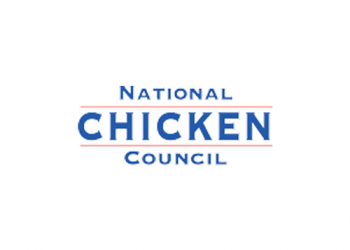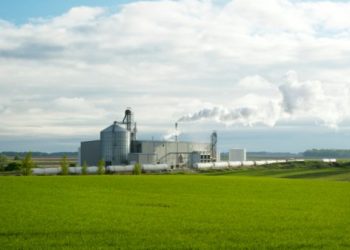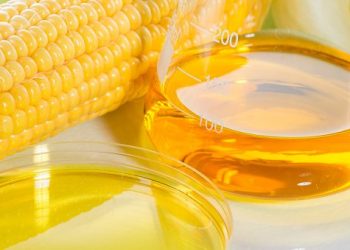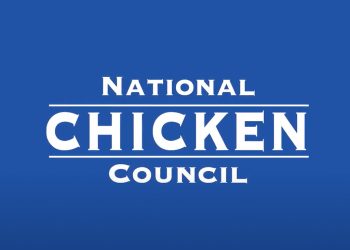About Ethanol
You may notice a sticker on the gas pump that reads, “Contains up to 10% ethanol” or “E-85.”
That is because the Renewable Fuel Standard (RFS), also known as ethanol mandates, is a federal government policy that forces increasing amounts of biofuels into the U.S. fuel supply. Every year, the Environmental Protection Agency (EPA) — the agency in charge of administering the policy — decides how much biofuel has to be blended that year by setting an annual target.
The ethanol blended into our gasoline is made primarily from corn. In fact, about 40% of our annual corn crop in the U.S. is forced into our gas tanks.
This is an example of a policy with good intentions gone wrong. Ethanol has been widely criticized by environmental groups, engine and auto manufacturers, anti-hunger organizations, boat manufacturers, taxpayer advocates, livestock and poultry producers, and many more.
Chickens are fed a feed ration that is primarily composed of corn and soybean meal. The price of corn used to make chicken feed is actually the largest single part of the cost of raising chickens. The poultry sector, of which broiler production is by far the largest component, comprises the largest single user of corn not operating under the protection of the RFS.
Average Corn Cost as a Percent of Live Weight Value
The price of corn has been very volatile since the ethanol program began. Since 2006 under the RFS, chicken producers have faced more than $70 billion in higher feed costs. As corn users, therefore, NCC’s members are substantially impacted by the RFS and its impacts on the corn market and feed supply.
The problem is when corn inventories run low, due to a bad planting season, flood, drought or disease. The ethanol industry is shielded from these circumstances and is still required by law to convert millions of bushels of corn into ethanol. Other end users of corn, like chicken producers, have to compete for what’s left, often at much higher prices. It isn’t a fair competition because the ethanol producers have a market guaranteed by law: the fuel companies are required to buy ethanol whether they want it or not, or whether motorists want it or not.
The original RFS included what was believed to be a workable “off ramp” provision for times of economic crisis. But that provision was ignored on two major occasions: in 2012 during the worst drought in more than 50 years, and in 2008, the first year that expanded ethanol mandates were foisted on the market and drove corn prices to historic record highs. From 2007 through 2013, due in large part to high and volatile feed costs brought on by the RFS, at least a dozen poultry companies ceased operations, filed for bankruptcy, or were acquired by another company.
That is why NCC is urging Congress and the EPA to adopt a transparent and predictable off ramp, or waiver from the RFS when corn inventories are low. American chicken producers are only one drought, flood or freeze away from another crisis, while the ethanol industry is protected by federal mandates.









